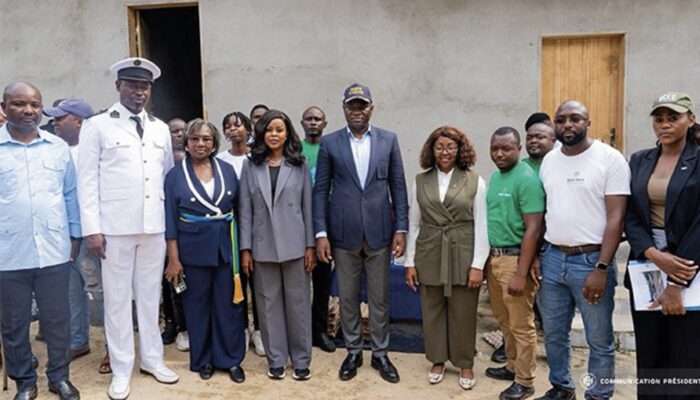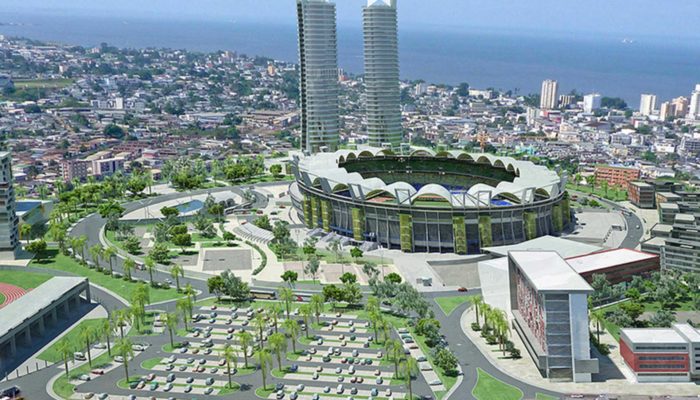State budget management was at the center of a government seminar this Monday, December 23 in Libreville. Chaired by the Prime Minister of the Transition, Raymond Ndong Sima, these discussions focused on the strategy to be implemented for better control of public finances. The emphasis was therefore placed on three main axes, namely the main principles of budget preparation, budget execution, observations, challenges and strategic issues.

A high-level meeting, around the Prime Minister of the Transition, Raymond Ndong Sima, brought together, on December 23 in Libreville, the members of the government for a collective reflection on the mechanisms and solutions to be considered to improve and make budgetary management optimal.
The initiator of this meeting, the head of government indicated that his wish for this year ” is that the problems we had at the beginning of 2024 do not recur in 2025 and that the problems with the methods of implementing the budget that everyone complained about are quickly mastered at the beginning of this year, so that everyone knows exactly what they have to do, what they can expect from their colleagues and which entity they should contact .”
For this work, the Minister of Public Accounts, Charles M’ba, made a detailed communication on the situation. During the last interministerial council, he recalled that as of October 31, 2024, Gabon was at 66% of budget execution rate and 60% of expenditure settlement. 77% of revenue collected, but that the cash resources that were mobilized were only at 45%.
The discussions therefore made it possible to address the issues of public spending, the reasons for budgetary difficulties, settlement issues and cash management. And Raymond Ndong Sima specified that ” the budget is the fuel of the economy “. ” For the economy to work, all the cogs must be synchronized; synchronization is the key word in the economy. In other words, if we collect revenue and do not pay economic operators, they will not be able to continue to operate the machine “, he said.
Overall, the main objective of this workshop was to improve the understanding of the respective roles of the different actors involved in the budgetary process. Sectoral ministers were reminded of their obligations regarding the preparation of budgets for their respective sectors, while the Ministry of Public Accounts was confirmed as the central coordinating body.
The head of the Transitional Government mentioned other measures including the monthly evaluation of each member of his government. Ultimately, the initiative is part of an approach aimed at addressing the challenges of budgetary management and preparing the ground for better resource planning in the future.
The conclusions of this meeting will serve as a basis for future reforms, allowing for more transparent and efficient management of public finances. This means that this workshop reflects the government’s desire to strengthen budgetary rigor and discipline, while actively involving all stakeholders in the search for solutions to the problems encountered.






